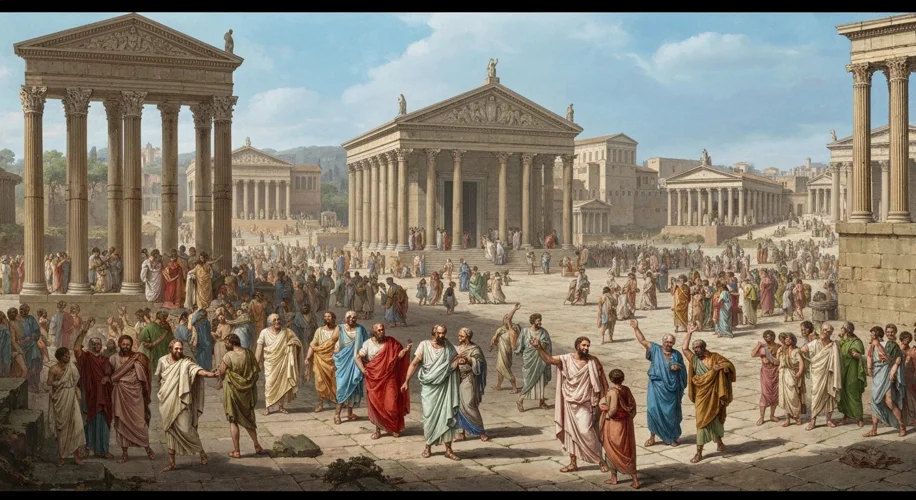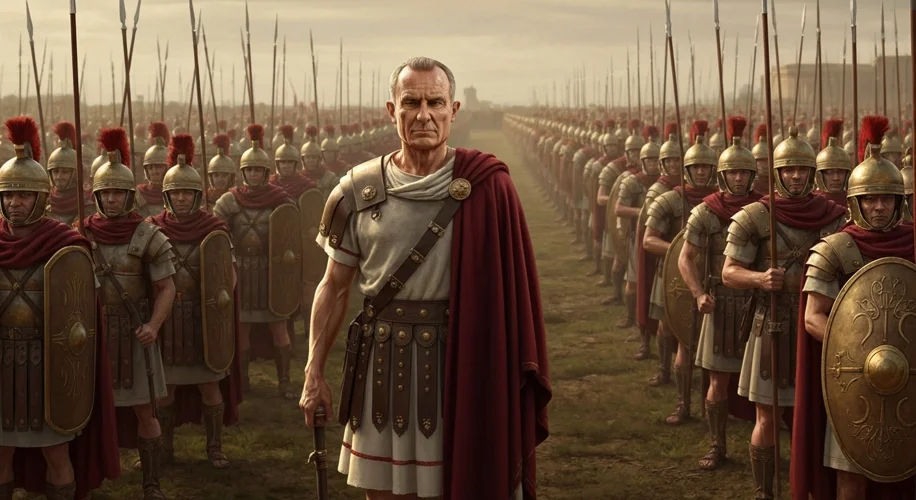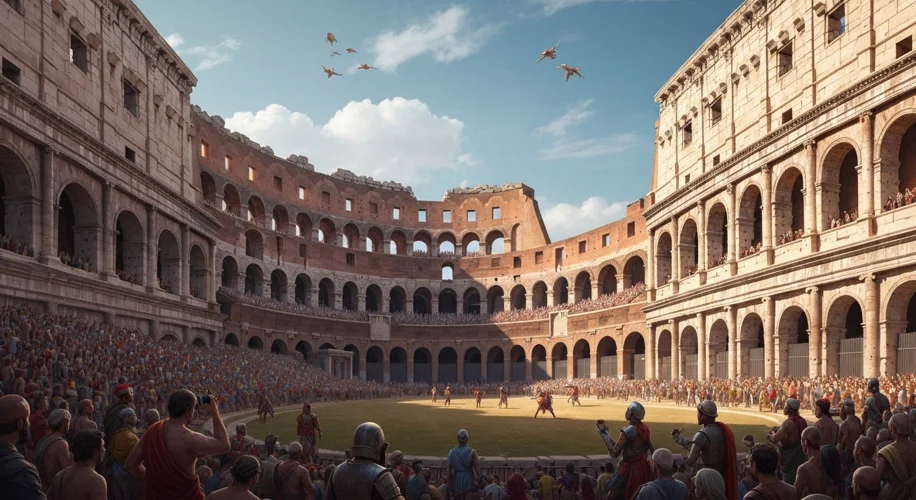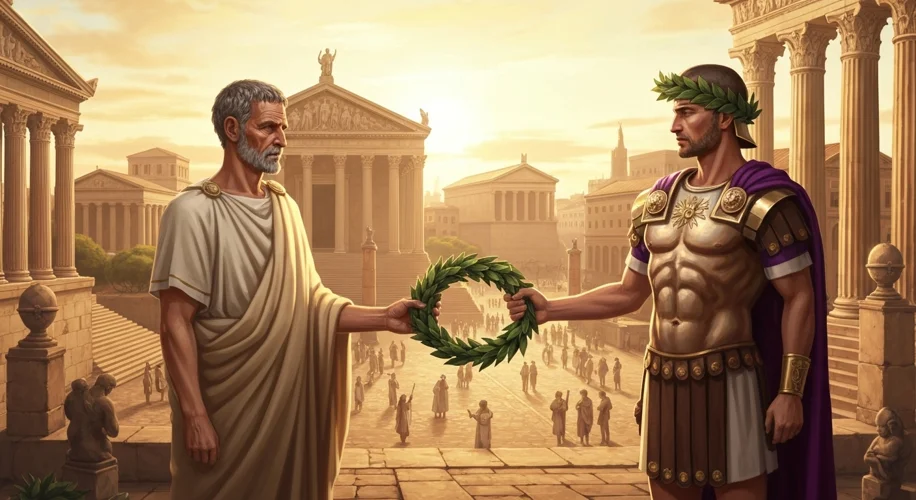Rome. The very name conjures images of legions marching, emperors in togas, and an empire that once spanned the known world. But before the emperors, before the vast territories, Rome was a humble city-state, governed by a republic. This was not a sudden transformation, but a brutal, complex, and often bloody journey.
Imagine a small settlement nestled on seven hills along the Tiber River in Italy. Around the 6th century BCE, Rome cast off its Etruscan kings and embraced a new form of government: the Republic. Power was not vested in a single ruler, but shared amongst elected officials and a powerful Senate. This was a radical idea for its time, born from a desire to prevent the tyranny of kings. The early Republic was a society deeply rooted in tradition, honor, and the mos maiorum – the customs of the ancestors. Families, particularly the patrician elite, held immense influence, and the common people, the plebeians, fought for centuries to gain their fair share of rights and political power. This internal struggle, known as the Conflict of the Orders, was a defining feature of Rome’s early development.

The Republic was not content to remain a local power. Driven by a formidable military, shrewd diplomacy, and perhaps an insatiable ambition, Rome began to expand. The Punic Wars against Carthage (264-146 BCE) were a brutal, existential struggle that ultimately saw Rome emerge as the dominant power in the Mediterranean. Imagine Roman soldiers, hardened by years of campaigning, facing off against Hannibal’s war elephants – a testament to the sheer grit and determination that fueled Rome’s ascent. Victories brought not only land and wealth but also slaves, which transformed Roman society and economy, creating vast estates worked by enslaved people and exacerbating social inequalities.
As Rome grew, so did its problems. The influx of wealth and power began to corrupt its institutions. Ambitious generals, commanding loyal armies, started to wield more political influence than the Senate. Figures like the Gracchi brothers, Tiberius and Gaius, attempted land reforms to address the plight of the poor, but their efforts were met with violent opposition from the senatorial elite, culminating in their assassinations. This period, the late Republic, was marked by increasing political instability, civil unrest, and a breakdown of the traditional political order.
Into this volatile arena strode Gaius Julius Caesar. A brilliant general, a cunning politician, and a charismatic leader, Caesar formed the First Triumvirate with Pompey and Crassus, effectively controlling Roman politics. His conquest of Gaul (modern-day France) made him a national hero, but also a threat to the Senate. When the Senate ordered him to disband his army, Caesar famously crossed the Rubicon River in 49 BCE, uttering “alea iacta est” – the die is cast – and plunged Rome into civil war. His victory over Pompey and his subsequent rise to dictator for life marked the de facto end of the Republic. Caesar’s assassination on the Ides of March (March 15) in 44 BCE by a group of senators who feared his power was a desperate attempt to restore the Republic, but it only plunged Rome into further chaos.

Caesar’s death did not bring back the Republic. Instead, it ushered in a new era of civil war, eventually leading to the rise of Caesar’s adopted son, Octavian. After defeating his rivals, Mark Antony and Cleopatra, at the Battle of Actium in 31 BCE, Octavian consolidated power and, in 27 BCE, was granted the title Augustus by the Senate. While carefully maintaining the outward appearance of republican institutions, Augustus effectively became the first Roman Emperor, marking the transition from Republic to Empire. The Pax Romana, a period of relative peace and prosperity, began, but the freedom and participatory spirit of the Republic were gone, replaced by the centralized authority of a single ruler.

The legacy of the Roman Republic is immense. It bequeathed to the world concepts of law, governance, and citizenship that continue to influence us today. Its story is a cautionary tale about the dangers of unchecked ambition, social inequality, and the erosion of democratic institutions. The transition from Republic to Empire was not a single event, but a drawn-out process, a slow unraveling of republican ideals under the weight of internal contradictions and the relentless drive for power. It reminds us that even the most powerful republics are not immune to the forces that can bring them down, and that the price of liberty often requires constant vigilance.

